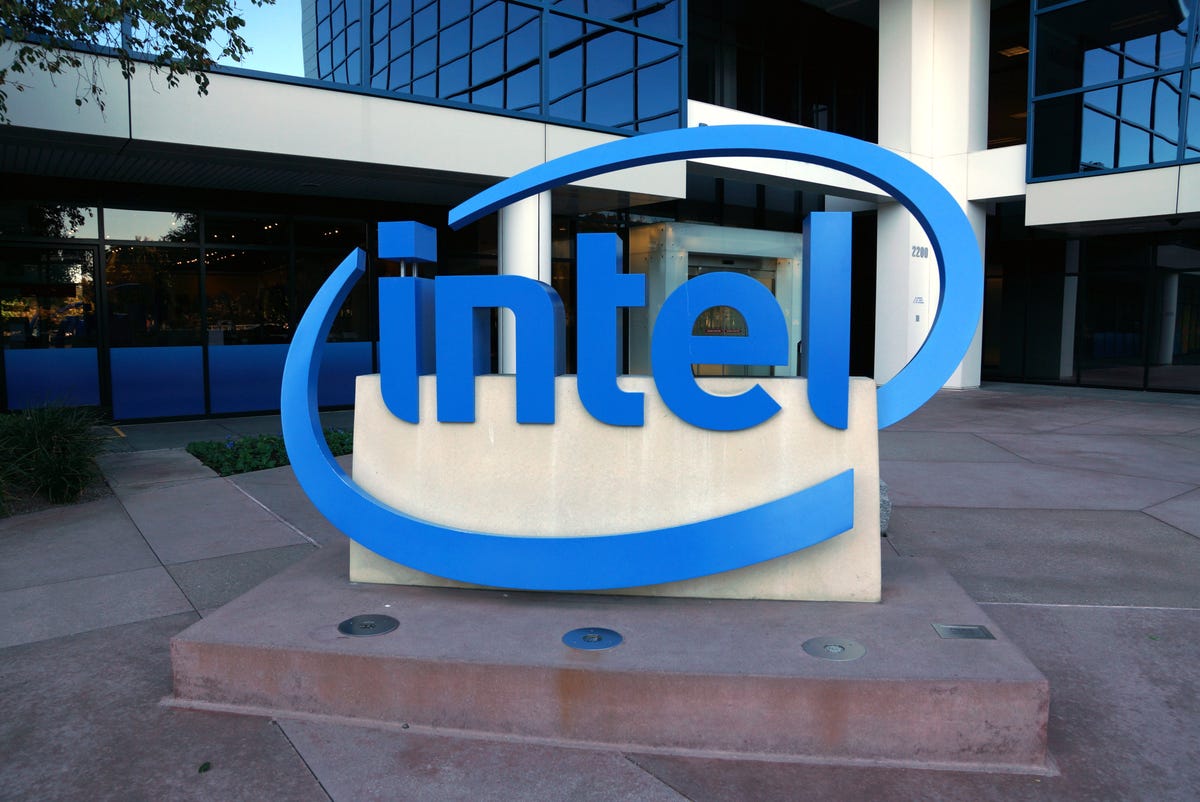
Shara Tibken/CNET
Intel’s upcoming wave of wearable technology won’t be aimed at helping the chip maker establish itself in the budding consumer electronics’ space now filling up with smartwatches and fitness bands. Rather, Intel’s devices will serve a grander purpose: helping research on and treatment of neurodegenerative brain disease.
Intel announced Wednesday a partnership with the Michael J. Fox Foundation for Parkinson’s Research, the nonprofit founded in 2000 by the “Back to the Future” movie actor and Parkinson’s advocate who has suffered from the illness since 1991. The goal will be to combine Intel’s hardware and software — specifically an upcoming mobile app, new wearable devices, and a data analytics platform — for a multi-phase research study that will take advantage of monitoring techniques unique to technology.
The hope is that wearables and analytic studies of the data they produce could better record a patient’s symptoms, such as hand tremors, and offer new insights into Parkinson’s disease and its drug treatments, which have been difficult to study objectively on a widespread scale in the past.
“Nearly 200 years after Parkinson’s disease was first described by Dr. James Parkinson in 1817, we are still subjectively measuring Parkinson’s disease largely the same way doctors did then,” Todd Sherer, CEO of The Michael J. Fox Foundation, said in a statement. “Data science and wearable computing hold the potential to transform our ability to capture and objectively measure patients’ actual experience of disease, with unprecedented implications for Parkinson’s drug development, diagnosis and treatment.”
The Michael J. Fox Foundation will supply funding to equip patients of the study around the country with wearables. An added benefit will be the ability to rope in those with Parkinson’s who do not live near research facilities, widening the research pool. Though Intel has thus far provided patients with its own wearables, the study is allegedly device-agnostic and will use a wide range of devices to measure patient activity.
Intel has become increasingly interested over the last few years in wearable technology that can be used not so much to capture consumers that, at the moment, are being courted by Google with its Android Wear smartwatches and will be the primary target for Apple with its forthcoming wearable device. Intel cares more about what those wearables can do with data for health science purposes.
“We’re exploring how to pull data out of devices in real-time,” Ron Kasabian, general manager of Intel’s Big Data Solutions group, told Reuters. “We can mine data to improve research, and better understand the behaviors and progression of the disease.”
Intel acquired Basis Science, a maker of health-oriented smartwatches, in March of this year, but has also dabbled in the consumer space. Intel is an investor in Recon Instruments and Thalmic Labs, two consumer focused companies working on heads-up displays and human-computer gesture control technology respectively.
Intel’s Big Data Center Group is the division responsible for helping integrate the company’s technology with the foundation’s medical research tools. The open-source analytics platform will gather real-time anonymized patient data from the wearables, where it will be aggregated and analyzed.
“The platform supports an analytics application developed by Intel to process and detect changes in the data in real time,” the company explained. “By detecting anomalies and changes in sensor and other data, the platform can provide researchers with a way to measure the progression of the disease objectively.”
In the next phase of the study slated for this fall, Intel will use both wearables and a dedicated mobile app to monitor patient data and integrate with self-reported information like medication intake and mood.



